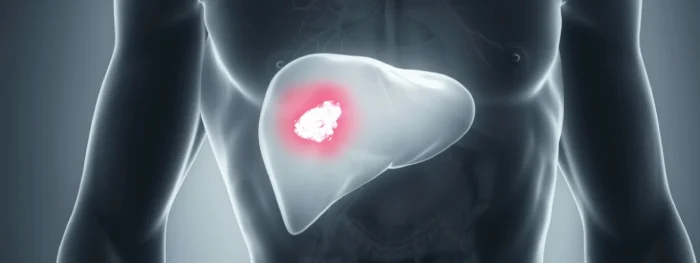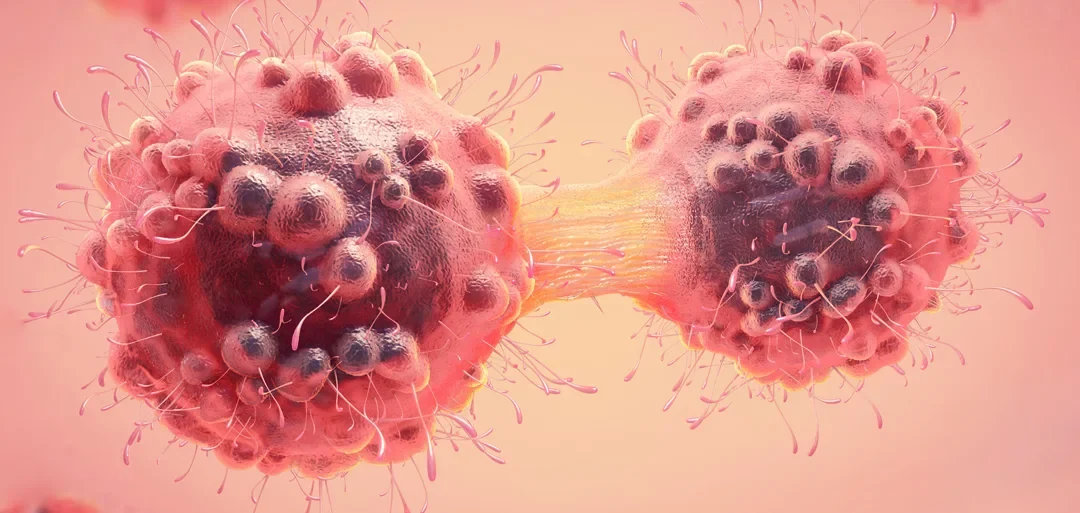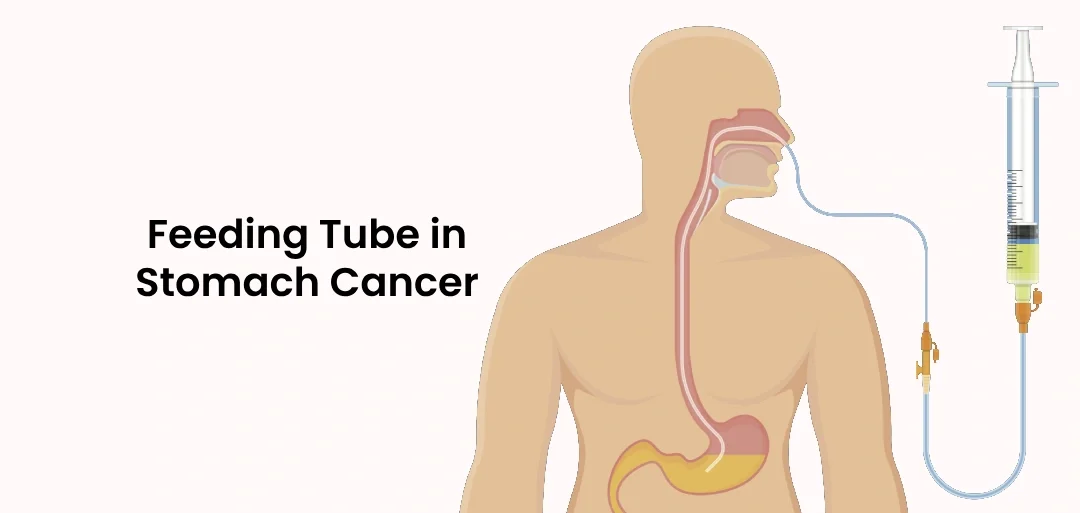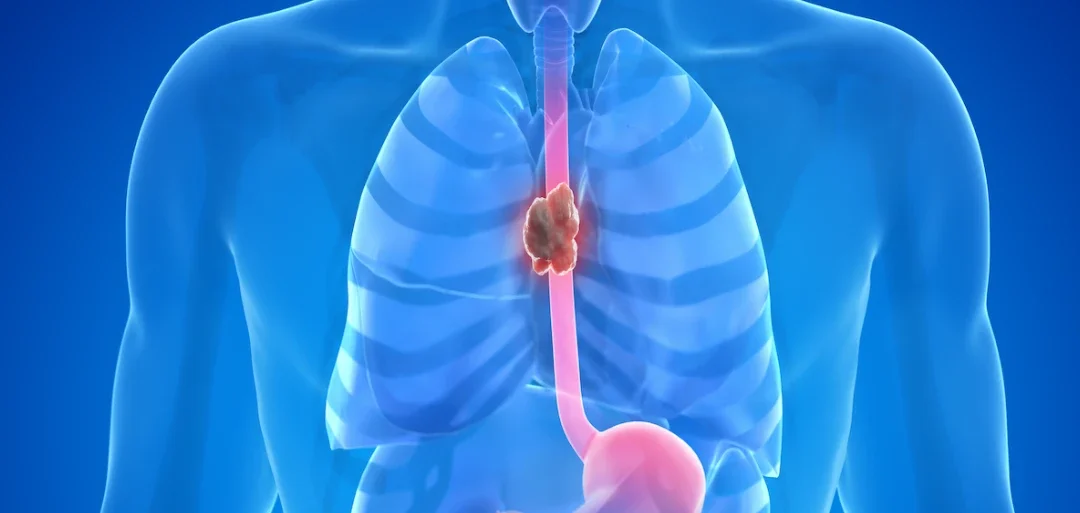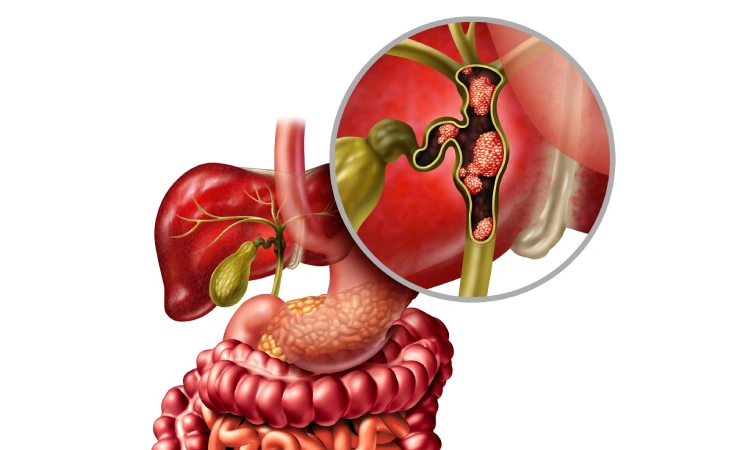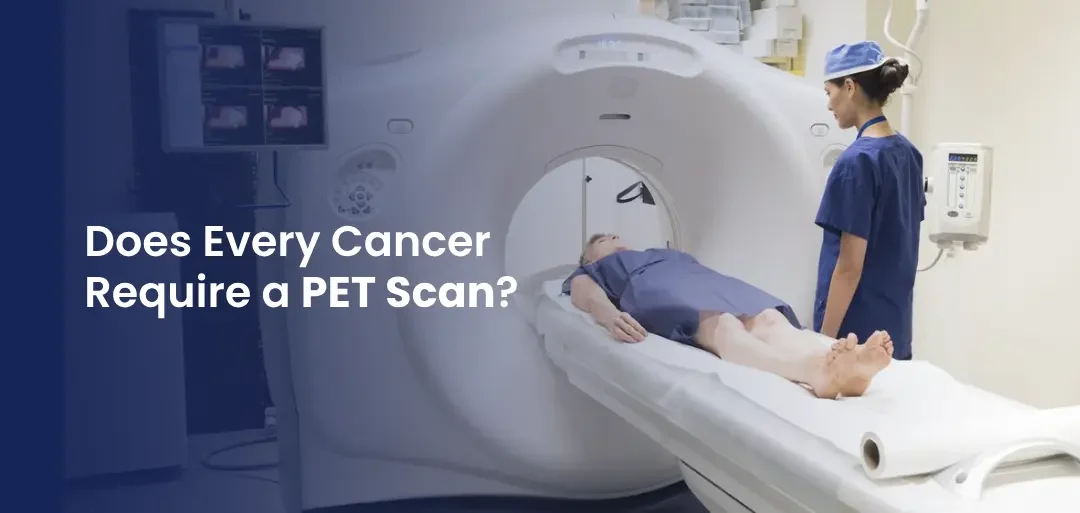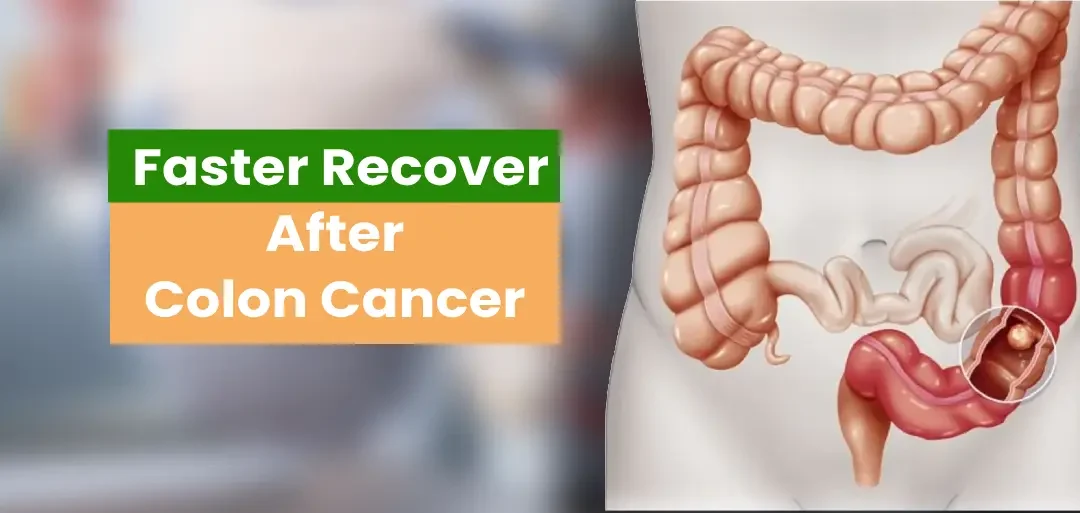Liver cancer is a serious health condition that affects millions of people worldwide. With the increasing prevalence of liver cancer, it’s crucial to understand its causes and how we can prevent it. Dr. Ganesh Nagarajan, the director of GI liver and pancreatic cancers at the Nanavati Max Institute of Cancer Care, shares valuable insights into Liver Cancer Treatment in Mumbai and its causes in this article.
What is Liver Cancer?
Liver cancer is a type of cancer that begins in the cells of the liver. The liver is a vital organ that performs numerous essential functions, including detoxification, protein synthesis, and the production of biochemicals necessary for digestion. There are two primary types of liver cancer: primary liver cancer, which starts in the liver itself, and secondary liver cancer, which spreads to the liver from other parts of the body.
Hepatocellular Carcinoma (HCC)
Hepatocellular carcinoma (HCC) is the most common type of primary liver cancer. It originates in the main type of liver cell, known as hepatocytes. HCC can be caused by several factors, with the most common being chronic viral infections such as Hepatitis B and Hepatitis C, as well as non-alcoholic steatohepatitis (NASH).
Hepatitis B and Hepatitis C: Major Causes of HCC
Understanding Hepatitis B
Hepatitis B is a viral infection that attacks the liver and can cause both acute and chronic disease. It’s transmitted through contact with infectious body fluids, such as blood, from an infected person. Chronic Hepatitis B infection can lead to liver inflammation, liver damage, and eventually liver cancer if left untreated.
Understanding Hepatitis C
Hepatitis C is another viral infection that affects the liver. It’s primarily spread through direct blood-to-blood contact. Like Hepatitis B, chronic Hepatitis C can lead to serious liver damage, cirrhosis, and liver cancer over time. Both Hepatitis B and C are major contributors to the development of HCC.
Treatability of Hepatitis B and C
One of the significant advances in modern medicine is the treatability of Hepatitis B and C. These viral infections are now entirely treatable, and if detected early, patients can be completely cured. This breakthrough has a substantial impact on reducing the number of liver cancer cases related to these infections. Over the next decade, we can expect a decline in HCC cases due to effective treatments for Hepatitis B and C.
Non-Alcoholic Steatohepatitis (NASH) and Fatty Liver Disease
Definition of NASH
Non-alcoholic steatohepatitis (NASH) is a liver disease characterized by inflammation and damage caused by a buildup of fat in the liver. It is part of a group of conditions known as non-alcoholic fatty liver disease (NAFLD). NASH can progress to cirrhosis and liver cancer if not managed properly.
Causes and Risk Factors
NASH is often associated with obesity, high blood sugar, insulin resistance, and high levels of fats in the blood. These risk factors are common in individuals with metabolic syndrome, a cluster of conditions that increase the risk of heart disease, stroke, and diabetes.
Progression from Fatty Liver to NASH
Fatty liver disease starts with the accumulation of fat in the liver cells. If left unchecked, this condition can progress to NASH, where the fat causes inflammation and liver cell damage. Over time, this can lead to fibrosis (scarring) of the liver, cirrhosis, and eventually liver cancer.
Obesity and Liver Cancer
Obesity is a significant risk factor for liver cancer. Excess body weight contributes to the development of fatty liver disease, which can progress to NASH and liver cancer. Managing obesity through a healthy diet and regular exercise is crucial in preventing liver cancer.
Diet and Liver Health
High Carbohydrate Diet and Its Impact
A diet high in carbohydrates, particularly refined sugars and starches, can contribute to obesity and fatty liver disease. Reducing carbohydrate intake and focusing on a balanced diet with adequate protein and healthy fats can help maintain liver health and prevent NASH.
Importance of a Balanced Diet
A balanced diet rich in vegetables, fruits, lean proteins, and whole grains is essential for overall health and liver function. It helps prevent the buildup of fat in the liver and reduces the risk of developing liver diseases.
Type 2 Diabetes and Liver Cancer
Type 2 diabetes is closely linked to liver cancer. The high blood sugar levels associated with diabetes can lead to insulin resistance, which in turn contributes to the development of fatty liver disease and NASH. Managing diabetes through diet, exercise, and medication can significantly reduce the risk of liver cancer.
Lifestyle Diseases and Liver Cancer
Rise of Lifestyle Diseases
Modern lifestyles, characterized by poor diet, lack of exercise, and high-stress levels, have led to an increase in lifestyle diseases such as obesity, diabetes, and fatty liver disease. These conditions are major risk factors for liver cancer.
Preventive Measures
Adopting a healthy lifestyle is the most effective way to prevent liver cancer. This includes maintaining a healthy weight, eating a balanced diet, exercising regularly, and avoiding excessive alcohol consumption.
Early Detection and Diagnosis
Importance of Antenatal Scans
Antenatal scans play a crucial role in early detection of liver abnormalities, including fatty liver disease, in newborns. Early diagnosis allows for timely intervention and management to prevent the progression of liver disease.
Identifying Fatty Liver and NASH Early
Regular health check-ups and liver function tests can help identify fatty liver disease and NASH in their early stages. Early intervention through lifestyle changes and medical treatment can prevent the progression to liver cancer.
Treatment Options for Liver Cancer
Surgical Interventions
Surgical options for liver cancer include resection (removal of the tumor), liver transplant, and ablative therapies. The choice of treatment depends on the stage and location of the cancer, as well as the overall health of the patient.
Non-Surgical Treatments
Non-surgical treatments for liver cancer include targeted therapy, immunotherapy, and chemotherapy. These treatments aim to destroy cancer cells, slow down their growth, and improve the patient’s quality of life.
Preventive Measures
Healthy Lifestyle Choices
Making healthy lifestyle choices is key to preventing liver cancer. This includes eating a balanced diet, maintaining a healthy weight, exercising regularly, and avoiding excessive alcohol consumption.
Regular Exercise and Liver Health
Regular physical activity helps maintain a healthy weight, reduces the risk of obesity, and improves overall liver health. Exercise also helps manage blood sugar levels, reducing the risk of type 2 diabetes and fatty liver disease.
Long-term Outlook and Future Predictions
Trends in Liver Cancer Causes
The causes of liver cancer are shifting from viral infections like Hepatitis B and C to lifestyle-related factors such as obesity and NASH. This trend highlights the importance of adopting healthy lifestyle habits to prevent liver cancer.
Impact of Modern Treatments
Advances in medical treatments for Hepatitis B and C, as well as improvements in liver cancer therapies, are expected to reduce the incidence and improve the prognosis of liver cancer. Early detection and intervention remain crucial for successful outcomes.
Watch the Video now:
▶️ HCC Liver Cancer Treatments – Liver Resection | Liver Transplant | RFA | TACE | TARE | Dr. Nagarajan
▶️ Causes of Liver Cancer: Hepatitis, Fatty Liver & NASH | Dr Ganesh Nagarajan- Cancer Specialist India

